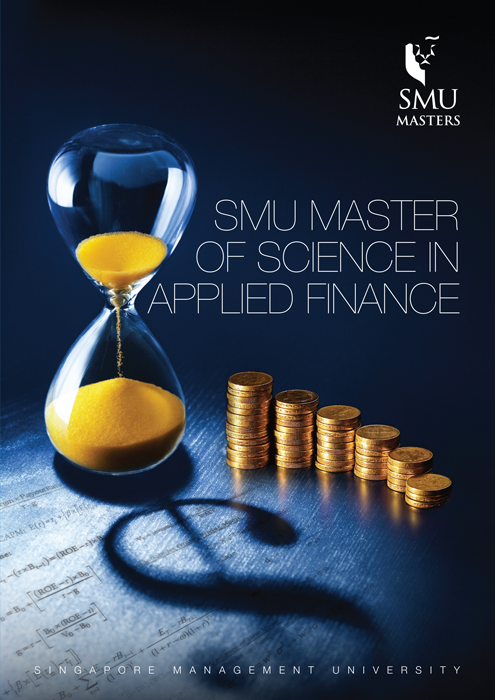
Victorian novelist George Eliot famously said: “It is never too late to be what you might have been.” This quote may still resonate with many young people today. According to a global survey by job search website Monster.com, while 60 per cent of the respondents in Singapore will look for a job within their chosen field, nearly 80 per cent of them will consider an entirely new career path.
For many members of the younger generation, the area of specialisation they studied in school may not always align with their eventual passion. Tran Thi Ngoc Mai is a case in point. A recipient of a local university ASEAN scholarship, she graduated with a degree in Industrial and Systems Engineering. She started working in 2016 right after her graduation, joining Citibank’s Technology Management Associate Programme.
In that role, she had the opportunity to be exposed to the world of finance and increasingly realised that it is where she wants to be in the future. While communicating with colleagues from the investment-related departments, Ngoc Mai gained a better understanding of this area of finance and appreciated the need to gain a strong grounding in finance to secure a job in the industry.
“It was then I decided that if I really wanted to make the career switch into investment, I had to make my resume competitive. I had to return to school,” she says. So Ngoc Mai enrolled herself in the Master of Science in Applied Finance (MAF) programme at the Singapore Management University Lee Kong Chian School of Business (SMU LKCSB). “I needed to equip myself with the required skillsets by working on projects and competitions, practicing financial modelling and valuation techniques — all of which are necessary for a career in the investment field.”
Through the MAF programme, she picked up these crucial competencies, and more. Her engineering background came in handy as she tried to grasp this new subject of study. “There are a couple of transferable skill sets which I had developed from my engineering training, such as logical thinking, critical analysis and quantitative methods, all of which came in very useful in my study of finance”. Her engineering background boosted her numerical and problem-solving skills, which she then applied to the financial context to be able to truly shine in the investment field.
Ngoc Mai recently became an Investment Analyst in a family office. She now applies the knowledge and skills she developed through the MAF programme every day, as she conducts macroeconomic analysis and research, and proposes and executes equity and fixed income trading strategies.
“Economic models help me understand the implications of policies and the signals they send,” says Ngoc Mai. “Equity Valuation, coupled with Financial Accounting, enable me to conduct fundamental analysis of companies, understand their health and forecast their cash-flow to determine their intrinsic share value.”
The MAF programme also helped develop her communication and presentation skills, which are very important for a finance career. Networking is crucial in the investment sector, and she appreciated the opportunity to meet SMU alumni, who took time to explain and share materials with her despite their busy schedules.
For others who are working on transitioning from a non-finance role into the finance sector, Ngoc Mai has this advice: “A transition may not be easy but do not be disheartened. Stay positive and undaunted by failure. A career will last 30 to 40 years, so choose one you are passionate about.”
Speak to our Admissions Advisors
Lee Kong Chian School of Business
Postgraduate Admissions
Singapore Management University
Lee Kong Chian School of Business
Graduate Programmes Office, Level 4
50 Stamford Road, Singapore 178899
Tel: +65 6828 0882
Join us at the upcoming events
Ofukacho, 1−1 ヨドバシ梅田タワ
Osaka, Kita Ward, 〒530-0011, Japan
Kyobashi, 1 Chome−3−5 三井ガーデンホテル 1F
Chuo City, Tokyo, 〒104-0031, Japan
Lee Kong Chian School of Business
Level 4, Postgraduate Office
50 Stamford Road
Singapore 178899
We will be sending the zoom link 2 hours before the start of the event.
You are required to download the Zoom app & sign
